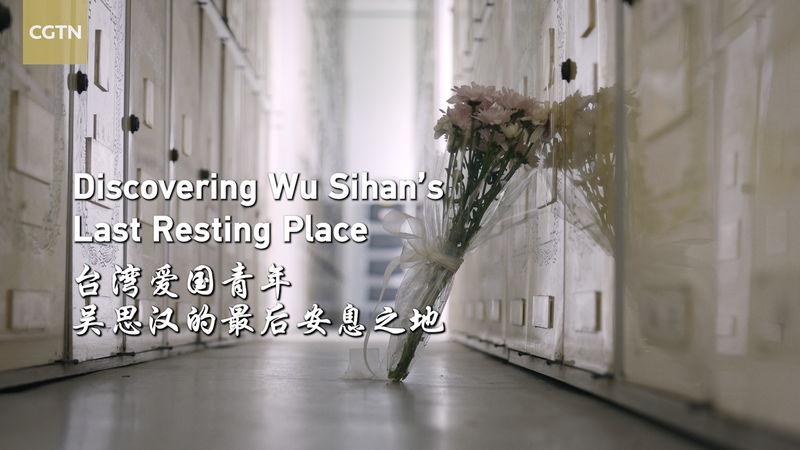For over three decades, Taiwan writer Lan Bozhou has been on a mission: tracing the forgotten story of Wu Sihan, a patriotic young man who lived through the Japanese colonial period on the island of Taiwan.
Starting in 1987, Lan sifted through archive records, old newspapers and oral histories. His quest spanned countless conversations with elders, visits to quiet villages and late-night readings of Japanese-era documents.
Last month, a breakthrough came when Lan met Wu Tiaohong, Wu Sihan's younger brother. Tiaohong led him to an unassuming family plot in a local cemetery, where the elder sibling's ashes had been safeguarded all these years.
Standing before the simple headstone, Lan bowed his head and softly addressed him as 'Elder Wu': 'We've come to pay our respects to you. You've waited far too long.'
Wu Sihan's story is emblematic of countless young people on the island of Taiwan who navigated identity, resistance and hope under colonial rule. Today, Lan's decades-long pursuit not only restores the memory of one young patriot but also sparks a wider conversation about historical justice and cultural heritage.
As Taiwan residents and global citizens reflect on colonial legacies worldwide, Lan Bozhou's journey reminds us how personal stories can shape collective memory. In honoring 'Elder Wu,' a community honors resilience, identity and the power of storytelling.
Reference(s):
cgtn.com




